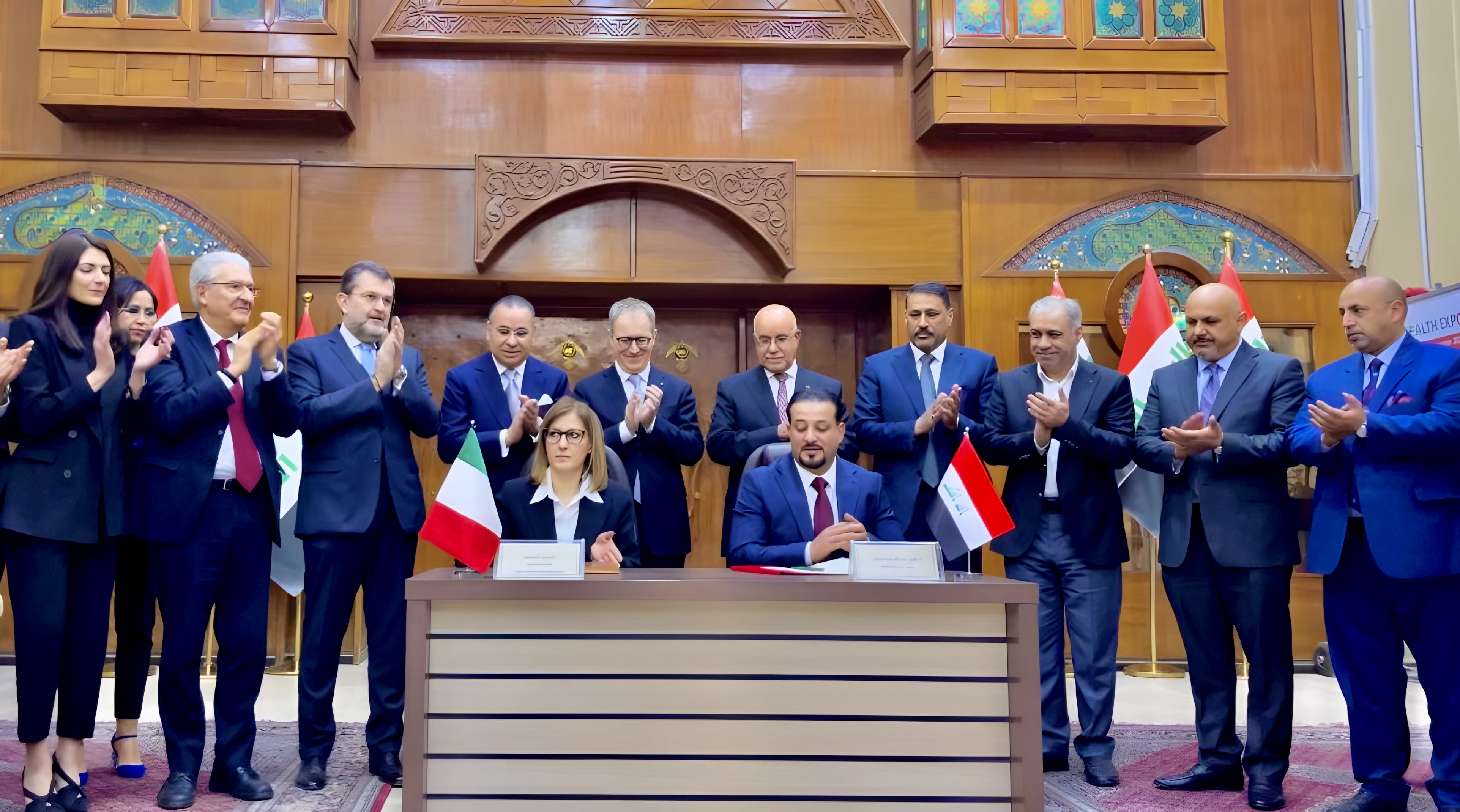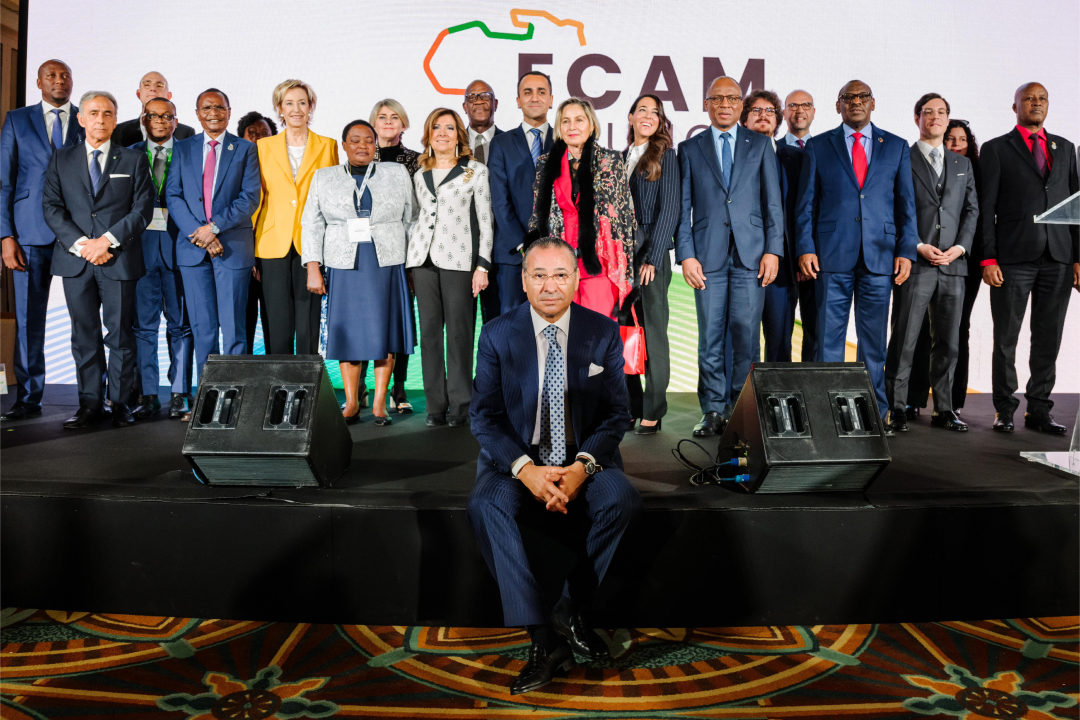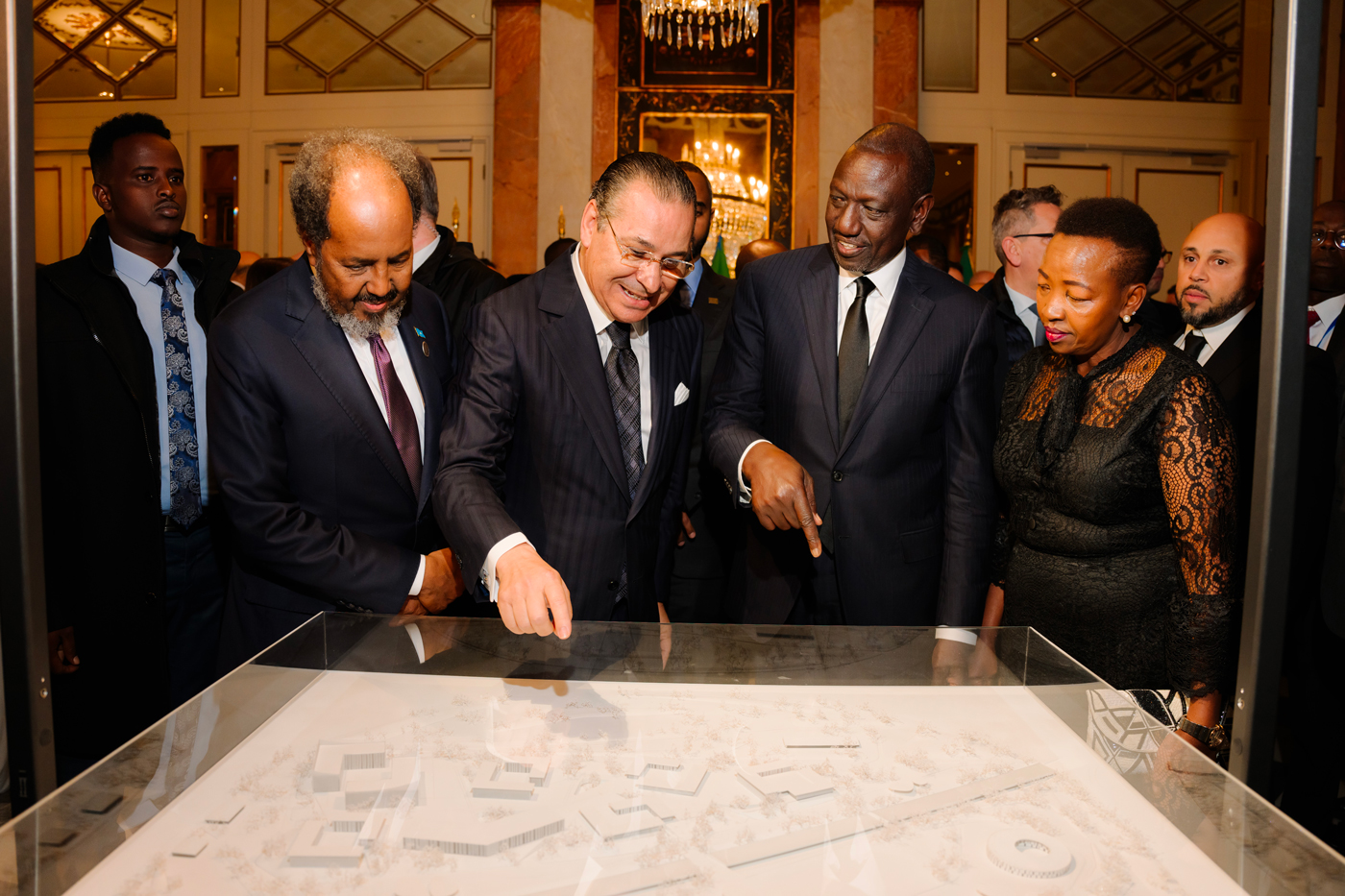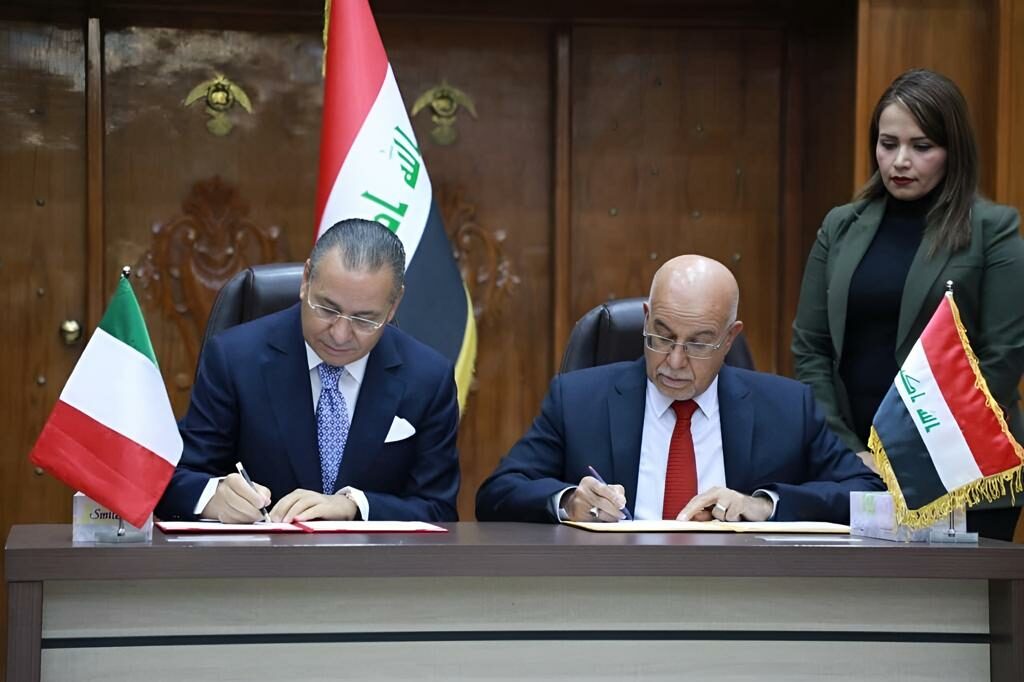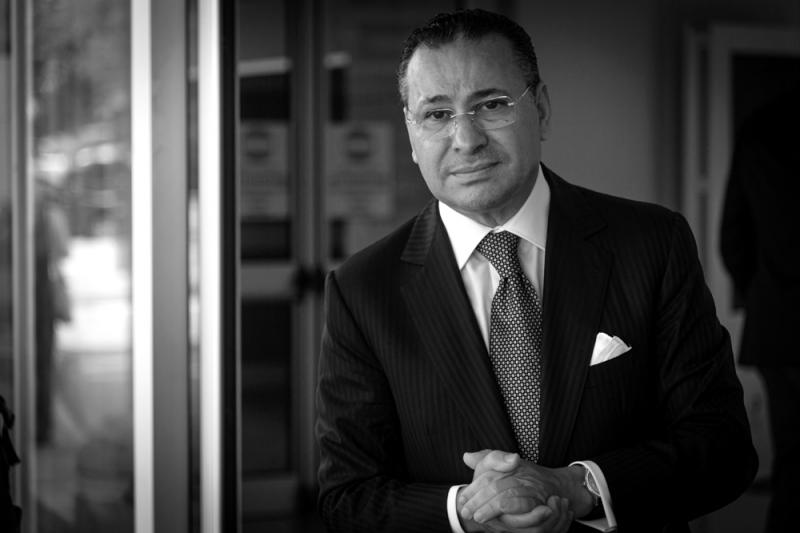
LONDON - Kamel Ghribi is one of Tunisia’s most successful businessmen. Determined and ambitious, he predicted his own success from a young age.
His company, GK Investment Holding Group, was created in 2000. He saw opportunities in investments in health care throughout Africa and the Middle East.
As a successful businessman and proud Tunisian, Ghribi, who lives in Switzerland, spoke with The Arab Weekly via e-mail about business opportunities for the country he said he will always call home.
“President Beji Caid Essebsi was a courageous man who quietly guided our nation during a time of immense challenge and we still face those challenges today,” Ghribi said of Tunisia’s former president who died July 25 in office at the age of 92.
“The best way to honour his memory is to continue to uphold our delicate constitution and forge onwards with democracy no matter how hard,” he said. “We can’t move forward by destroying one another. We need to seek consensus.”
The economy is one area in which there are sharply contrasting views as to what needs to be done.
“There is no magic wand that will solve Tunisia’s economic challenge with a simple wave. The situation in Tunisia is complex,” Ghribi said.
“Tunisia is still in the process of economic reform and liberalisation. Although we have been historically blessed with a diverse market orientated economy, we faced many challenges following the 2011 changes, which slowed our economy and increased unemployment, particularly among the youth.”
Ghribi stressed the importance of political stability for any country’s economy to flourish.
“The government can do much to boost current economic conditions but must first address the issue of stability and security in the country if it is to encourage both domestic and foreign investors back,” he said. “The Tunisian economy has always been highly dependent on tourism. However, stability is difficult to guarantee if your neighbours are in civil war or fighting one form of terrorism or another. Long-term plans are difficult to make under precarious circumstances.”
Europe also has a key role to play in Tunisia, Ghribi said.
“Short-term solutions need to be supported by our partners in the EU who can not only help us to stabilise the area as a whole by helping us to combat terrorism but also provide financial support to the government in the form of reduced borrowing costs on loans that can give Tunisia access to new markets and help open the domestic market to foreign investors,” he said.
While some argue for economic tightening and sweeping privatisation and others the opposite, Ghribi advocates the middle road.
“Government debt in and of itself is not bad,” he said. “It is necessary to finance essential infrastructure, promote and support international trade and certainly maintain the public sector.”
Ghribi called for the diversification of the Tunisian economy.
“Tunisia must broaden its tax base and that means that its economy must diversify,” he said. “I am not an advocate of everything being privatised but some parts of our economy must be if we are to sustain growth and create employment. We need to allow that educated population to build Tunisia into the country it can become. A dissatisfied and disillusioned educated population is dangerous for any country.”
This dissatisfaction and disillusionment have had severe consequences in the Middle East.
“I was and am very troubled and saddened by young Tunisians joining ISIS [the Islamic State], a force of destruction, not hope, and one that is inconsistent with any religion,” Ghribi said.
“ISIS must be defeated and wiped out but that won’t happen if we don’t understand the desperation that drove so many young people from many countries to join such a malignant force. Unless we address the root causes of such movements, they will arise again and again.”
Ghribi stressed, however, that in the fight against such ideologies, it’s not enough to provide people with jobs. They need hope and purpose, too.
“The lack of jobs is a major source of the problem but there were many educated people who joined ISIS, too. I think we must look beyond menial work but also at meaningful work. Employment must not only provide income but add to the purpose of life,” he said.
Ghribi argued for a positive vision of social and economic development, drawing inspiration from countries across the region, including Rwanda and the United Arab Emirates.
“Why can’t Tunisia become a centre for renewable energy and innovative housing models? Rwanda is making itself a centre of innovation for East Africa. What country is better suited than Tunisia to do the same in North Africa,” he said.
“I admire the United Arab Emirates a great deal. It has been able to diversify an economy in a unique way and remain an important pole of stability in a very difficult region. The United Arab Emirates has successfully extended its influence globally. Education has always been the mainstay of this nation but education in itself is not enough, as we have seen in Tunisia,” he said.
“I will simply say that we need to look at models that have improved the lives of the people of the country,” Ghribi said. “We are all human and we all make mistakes. No one is perfect.”
